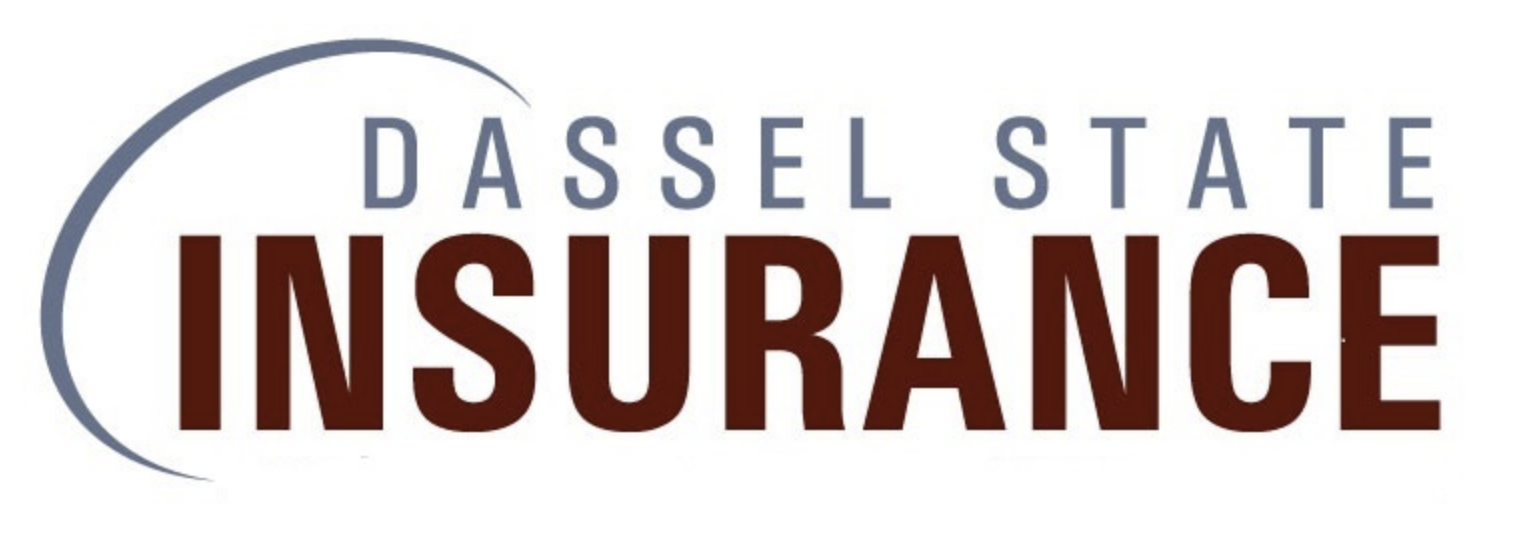Navigating the Rising Tide: Workers’ Compensation in an Era of Inflation and Escalating Medical Costs
Exploring how inflation and rising medical costs are reshaping the landscape of workers’ compensation. Learn strategies to adapt to these economic changes.
In recent times, the intersection of workers’ compensation and economic factors like inflation and rising medical costs has become increasingly prominent. As businesses navigate these turbulent waters, understanding these dynamics is crucial for effective management and planning.
The Impact of Inflation on Workers’ Compensation: Inflation, characterized by the general increase in prices and fall in the purchasing value of money, has a direct impact on workers’ compensation. The increased cost of living affects the benefits payouts, as they need to be adjusted to meet the changing economic realities. This adjustment is vital to ensure that injured workers continue to receive adequate compensation that aligns with current living standards.
Rising Medical Costs: A Dual Challenge: The cost of medical care is a significant component of workers’ compensation claims. With healthcare costs on an upward trajectory, this poses a dual challenge. Firstly, the direct cost of medical treatment for injured workers has escalated, increasing the financial burden on workers’ compensation systems. Secondly, the indirect costs, such as extended recovery periods and increased medication prices, add to the overall claim costs.
Strategies for Employers and Insurers: To effectively manage these challenges, employers and insurers need to adopt proactive strategies:
- Emphasize Workplace Safety: Prevention is better than cure. Implementing robust safety protocols can reduce the frequency of workplace injuries, subsequently lowering claims.
- Early Intervention and Effective Case Management: Quick response to injuries and efficient case management can help control costs by reducing the severity of claims.
- Explore Alternative Treatment Options: Where appropriate, consider alternative treatments that might offer cost-effective solutions without compromising on the quality of care.
- Leverage Technology: Utilize technology for claims management and monitoring, which can streamline processes and reduce administrative costs.
Inflation and rising medical costs present a complex challenge for the workers’ compensation landscape. However, through strategic planning, proactive management, and a focus on prevention, employers and insurers can navigate these challenges effectively. As we continue to adapt to these economic shifts, it’s crucial to stay informed and agile in our approach to workers’ compensation. If you would like us to help you in your workers comp program us a text at 320-275-3001 or email us info@daseslstateinsurance.com.
